The idea that evolution is driven by an organism’s development — not just the natural selection of its genes — challenges a dearly held orthodoxy among evolutionary biologists.


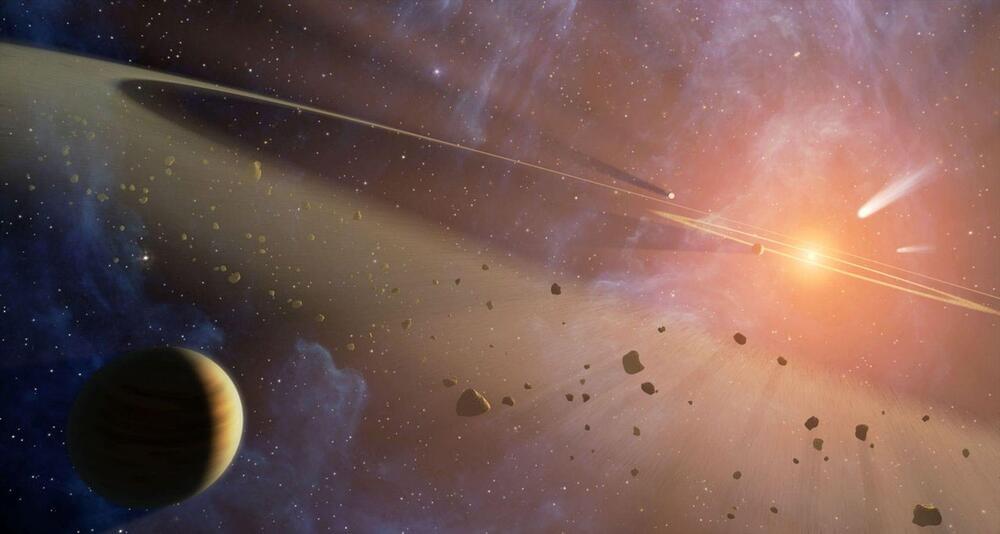
“We initially expected the carbon-to-oxygen ratio in the planet might be similar to the disk,” said Dr. Chih-Chun “Dino” Hsu. “But, instead, we found the carbon, relative to oxygen, in the planet was much lower than the ratio in the disk.”
What is the official process of planetary formation and evolution and is this process uniform for all planetary bodies throughout the universe? This is what a recent study published in The Astrophysical Journal Letters hopes to address as a team of researchers investigated a young exoplanet still forming within its protoplanetary disk that could offer clues into the secrets behind planetary formation and evolution. Additionally, it holds the potential to provide greater complexity with longstanding planetary formation models, which have traditionally presented simple scenarios for planetary formation and evolution.
For the study, the researchers used the W. M. Keck Observatory to observe PDS 70b, which is a gas giant planet approximately three Jupiter masses and located 369 light-years from Earth. What makes PDS 70b interesting for astronomers is its age, as it’s estimated to be approximately 5 million years old, meaning it is still gathering material from the system’s disk, also known as accretion.
Using Keck, the researchers analyzed the light spectra of PDS 70b’s atmosphere to ascertain its carbon-to-oxygen ration and compared this data to the carbon-oxygen ratio of the protoplanetary disk that PDS 70b resides. In the end, the researchers found that PDS 70b carbon-to-oxygen ratio was lower than the surrounding disk, which challenges previous notions of planetary formation models, and the methods used to build those models.

Imagine this scenario: Two people cheat on their partners with each other and then leave their partners to be together. Should they trust each other, or “once a cheater, always a cheater”?
Intuition and past research suggest that whether people deem someone trustworthy depends on that person’s past behavior and reputation for betrayal. But now, new work from psychologists at UCLA and Oklahoma State University is helping to explain why people might nevertheless trust certain cheaters and other betrayers.
When we benefit from someone’s betrayal, we tend to still regard that person as inherently trustworthy, the psychologists reported in a study published in Evolution and Human Behavior. Their experiments found that although subjects tended to regard people who betrayed others as generally less trustworthy, when a person’s betrayal benefited the subject, that person was still thought to be worthy of trust.

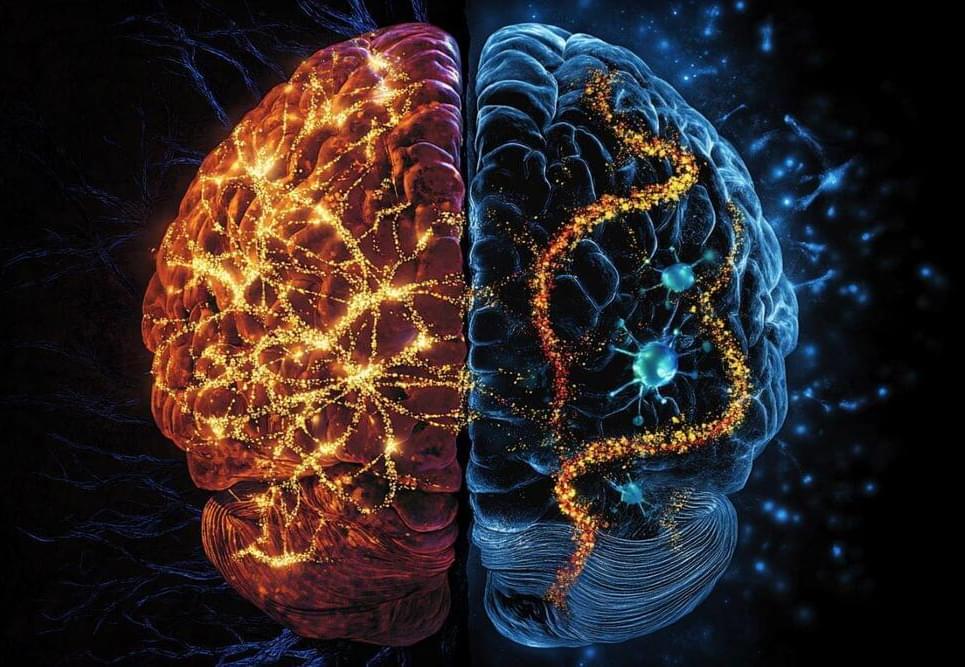
Summary: While humans share over 95% of their genome with chimpanzees, our brains are far more complex due to differences in gene expression. Research shows that human brain cells, particularly glial cells, exhibit higher levels of upregulated genes, enhancing neural plasticity and development.
Oligodendrocytes, a glial cell type, play a key role by insulating neurons for faster and more efficient signaling. This study underscores that the evolution of human intelligence likely involved coordinated changes across all brain cell types, not just neurons.
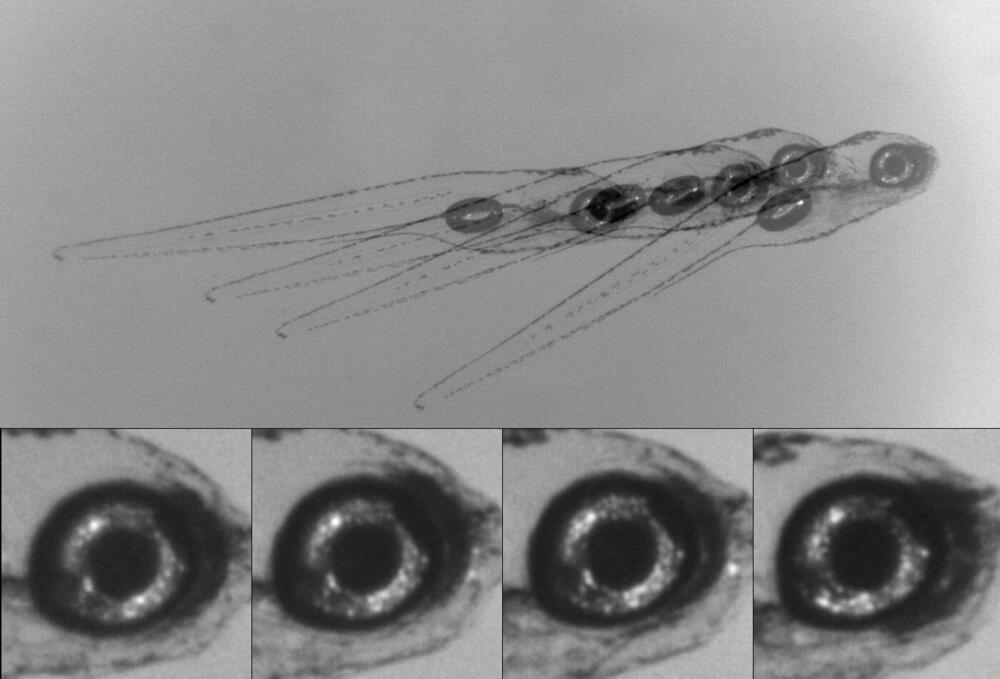
An ancient brain circuit, which enables the eyes to reflexively rotate up as the body tilts down, tunes itself early in life as an animal develops, a new study finds.
Led by researchers at NYU Grossman School of Medicine, the study revolves around how vertebrates, which include humans and animals spanning evolution from primitive fish to mammals, stabilize their gaze as they move. To do so, they use a brain circuit that turns any shifts in orientation sensed by the balance (vestibular) system in their ears into an instant counter-movement by their eyes.
The research is published in the journal Science.
Evolution of the iodine cycle and the late stabilization of the Earth’s ozone layer https://www.pnas.org/doi/10.1073/pnas.
If you like the smell of spring roses, the sounds of summer bird song, and the colors of fall foliage, you have the stabilization of the ozone layer to thank for it. Located in the stratosphere, where it shields Earth from harmful ultraviolet radiation, the ozone layer plays a key role in preserving the planet’s biodiversity.
Now we may have a better idea of why that took so long—more than 2 billion years—to happen.
According to a new, Yale-led study, Earth’s early atmosphere hosted a battle royale between iodine and oxygen—effectively delaying the creation of a stable ozone layer that would shield complex life from much of the sun’s ultraviolet radiation (UVR).

Internet service providers (ISPs) and governmental entities in the Middle East have been targeted using an updated variant of the EAGERBEE malware framework.
The new variant of EAGERBEE (aka Thumtais) comes fitted with various components that allow the backdoor to deploy additional payloads, enumerate file systems, and execute commands shells, demonstrating a significant evolution.
“The key plugins can be categorized in terms of their functionality into the following groups: Plugin Orchestrator, File System Manipulation, Remote Access Manager, Process Exploration, Network Connection Listing, and Service Management,” Kaspersky researchers Saurabh Sharma and Vasily Berdnikov said in an analysis.
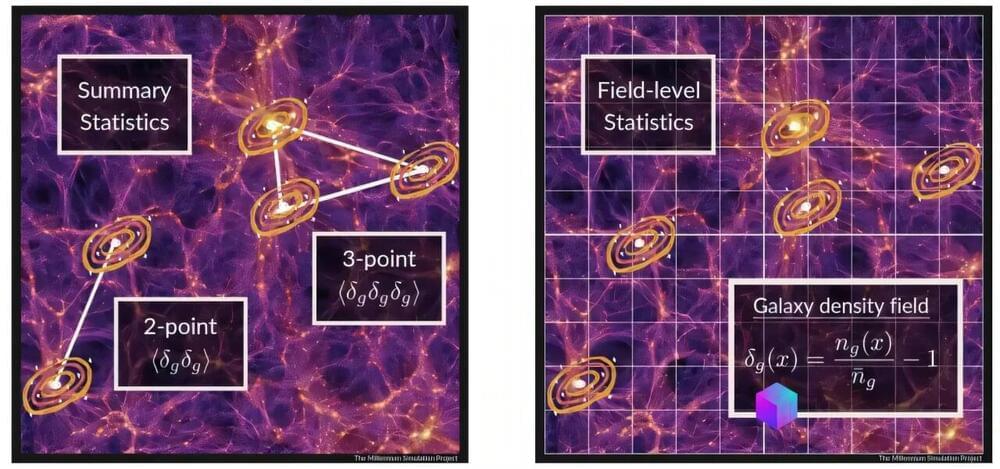
Galaxies are not islands in the cosmos. While globally the universe expands—driven by the mysterious “dark energy”—locally, galaxies cluster through gravitational interactions, forming the cosmic web held together by dark matter’s gravity. For cosmologists, galaxies are test particles to study gravity, dark matter and dark energy.
For the first time, MPA researchers and alumni have now used a novel method that fully exploits all information in galaxy maps and applied it to simulated but realistic datasets. Their study demonstrates that this new method will provide a much more stringent test of the cosmological standard model, and has the potential to shed new light on gravity and the dark universe.
From tiny fluctuations in the primordial universe, the vast cosmic web emerged: galaxies and galaxy clusters form at the peaks of (over)dense regions, connected by cosmic filaments with empty voids in between. Today, millions of galaxies sit across the cosmic web. Large galaxy surveys map those galaxies to trace the underlying spatial matter distribution and track their growth or temporal evolution.
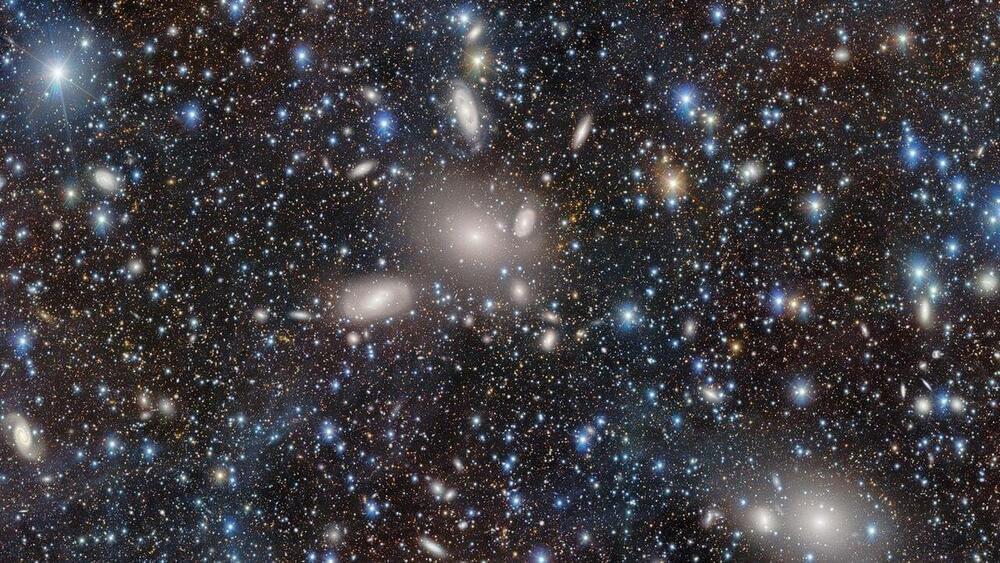
Focused on the Antlia Cluster — a dense assembly of galaxies within the Hydra–Centaurus Supercluster located around 130 million light-years from Earth — the image captures only a small portion of the 230 galaxies that make up the cluster, revealing a diverse array of galaxy types within as well as thousands of background galaxies beyond.
The Dark Energy Camera (DECam) was originally built for the Dark Energy Survey (DES), an international collaboration that began in 2013 and concluded its observations in 2019. Over the course of the survey, scientists mapped hundreds of millions of galaxies in an effort to understand the nature of dark energy — a mysterious force thought to drive the accelerated expansion of our universe. The universe’s acceleration challenges predictions made by Albert Einstein’s theory of general relativity, making dark energy one of the most perplexing mysteries in modern cosmology. Dark matter, meanwhile, refers to the mysterious and invisible substance that seems to hold galaxies together. This is another major conundrum scientists are still trying to fully penetrate.
Observations made of galaxy clusters have already helped scientists unravel some of the processes driving galaxy evolution as they search for clues about the history of our universe. In this sense, galaxy clusters act as “cosmic laboratories” where gravitational influence driven by dark matter and cosmic expansion driven by dark energy can be studied on incredibly large scales.